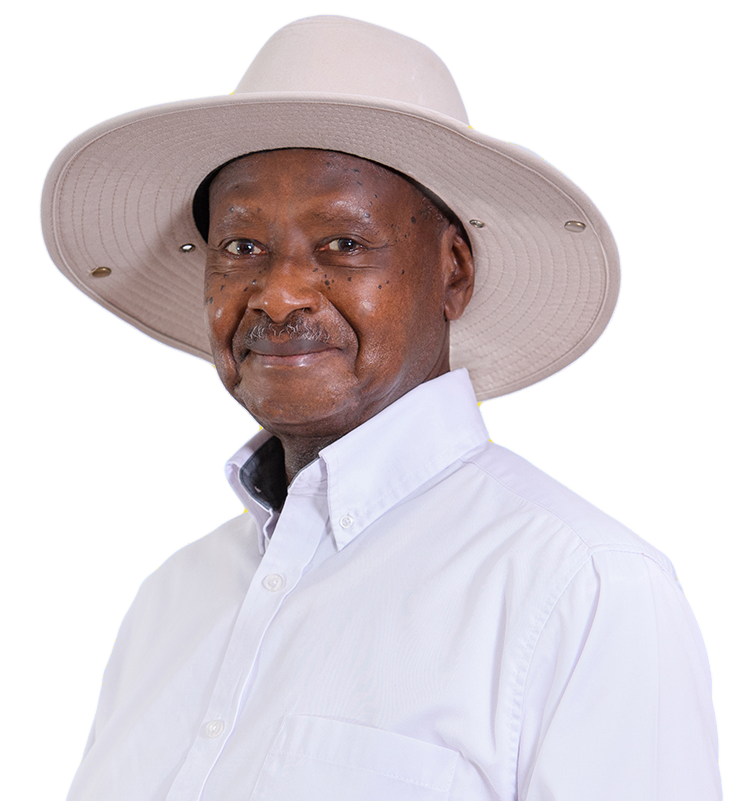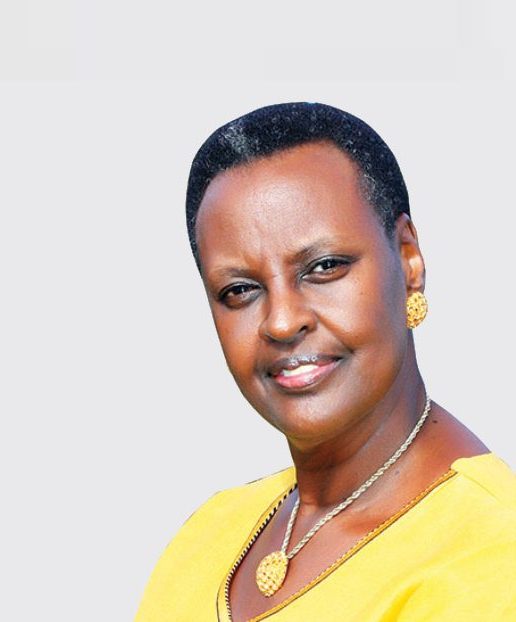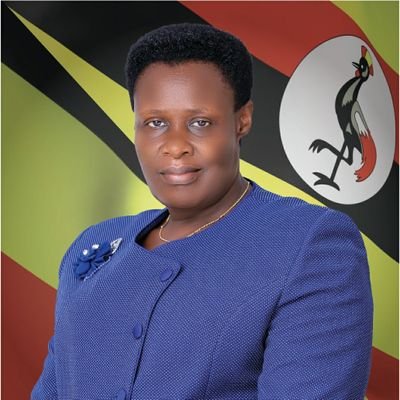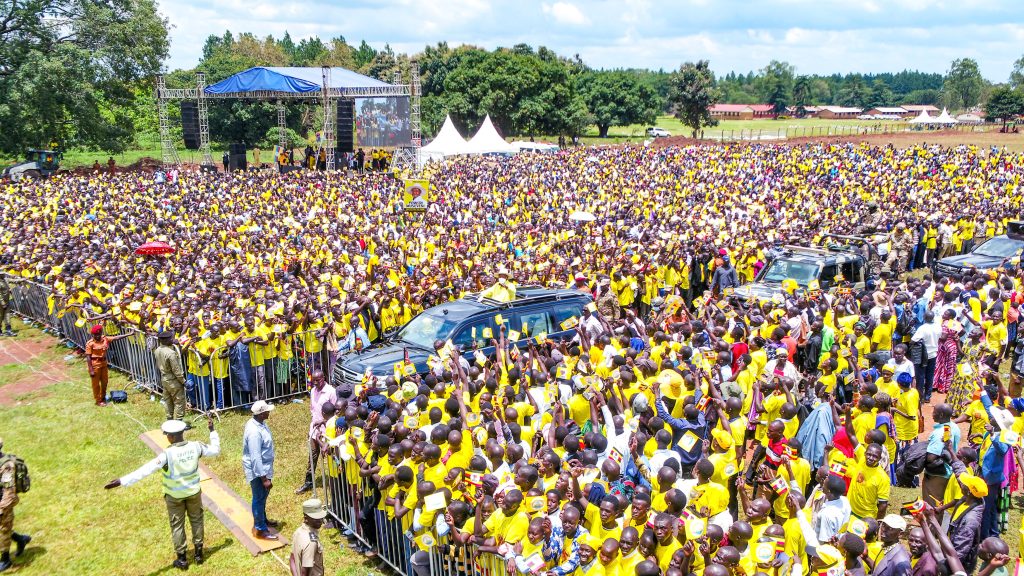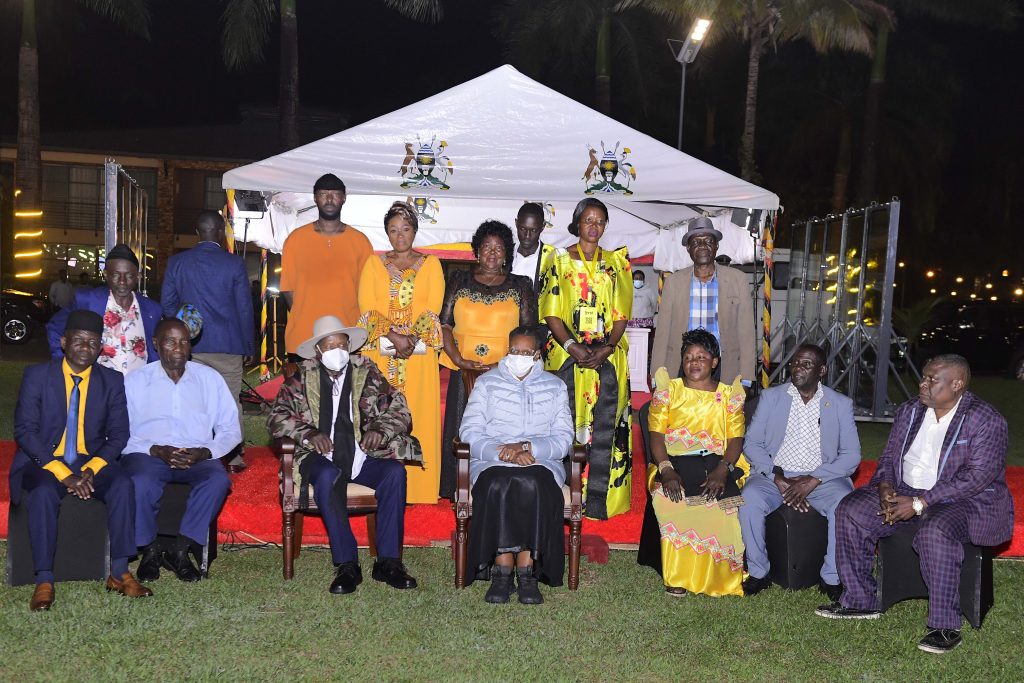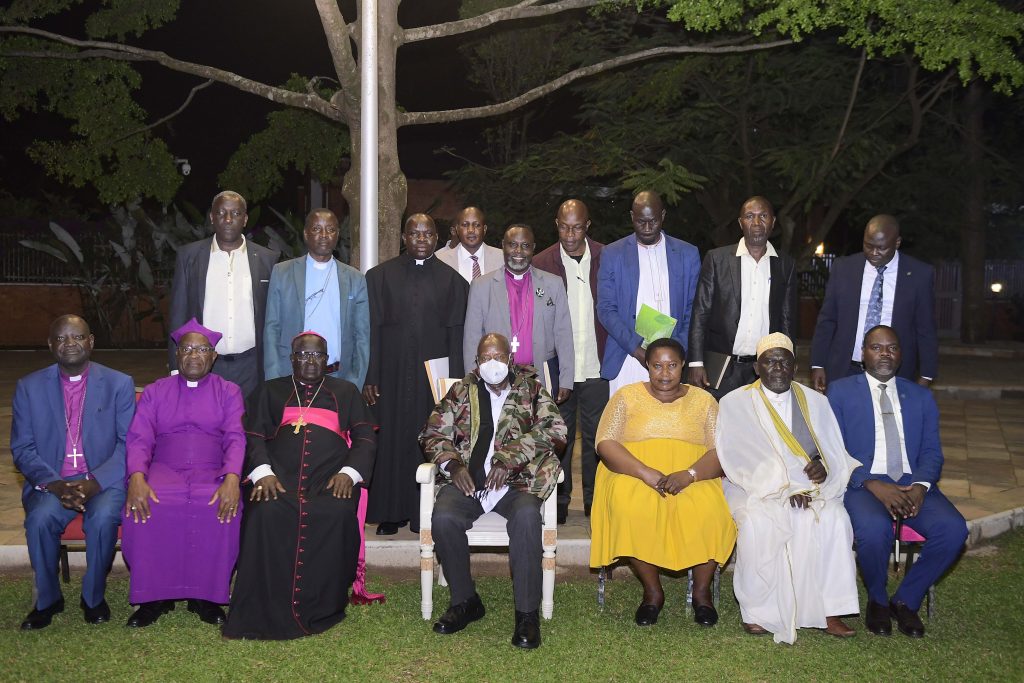Yoweri Kaguta Museveni became President of the Republic of Uganda on January 29, 1986 after leading a successful five-year liberation struggle. He went to the bush with 26 other young men and organised the National Resistance Movement and National Resistance Army (NRM/NRA) to oppose the tyranny that previous regimes had unleashed upon the population.
The push for Kampala started on January 17th from different parts of the central region. Museveni was the overall commander. They captured power on 26th January, 1986.
After victory, he formed a broad-based government that helped unite the country’s political groups. Prior to the struggle of 1981-1986, Museveni was one of the leaders in the anti-Amin resistance of 1971-1979 that led to the fall of the Amin regime.
Museveni, who has been politically active since his student days at Ntare School, Mbarara, in South West Uganda, studied political science at the University of Dar es Salaam, graduating in 1970 with a Bachelor of Arts degree in Economics and Political Science.
After Idi Amin’s coup in 1971, Museveni was instrumental in forming FRONASA (the Front for National Salvation). Fronasa made up the core of one of the Ugandan fighting groups which, together with the Tanzanian People’s Defence Forces, ousted Amin’s regime in April 1979.
In the governments that succeeded Amin, Museveni served briefly as Minister of Defence, Minister of Regional Co-operation and Vice-Chairman of the Military Commission. In December 1980, the country’s first general elections in 20 years were held but they were rigged by Milton Obote’s Uganda People’s Congress party. On February 6, 1981, he launched a guerrilla struggle. He went to the bush with only 26 guns and organised the National Resistance Army (NRA) to oppose the Obote regime for its undemocratic and tyranical actions.
The NRA (now renamed the Uganda People’s Defence Forces) is unique in Africa for being the only guerrilla force to take over power without much external support and without having a rear base in a neighbouring country. Its main camps were based only 20 miles from the capital, Kampala. This demonstrated how the NRA leadership was, in extremely difficult circumstances, capable of achieving sophisticated levels of organisational discipline and techniques for managing both soldiers and civilians.
Early Political Awareness
Yoweri Kaguta Museveni was born in 1944 during the Second World War and his name was taken from the Abaseveni, who were Ugandan servicemen in the Seventh Regiment of the King’s African Rifles into which many Ugandans had been drafted.
He was born in a peasant pastoralist family in Ankole, western Uganda. Because they lived a nomadic life style, most children did not go to school.
In addition, they were exploited and oppressed by land policies, such as ranching schemes, which displaced them from their traditional lands. Such policies were instituted by the British colonialists and supported by local collaborator chiefs and, later, by neo-colonialist independence politicians.
Owing to his background and his early determination to fight against political and social injustices, Museveni decided, in 1966, to lead a campaign mobilising the peasants in northern Ankole to fence their land and refuse to vacate it. The campaign was largely successful and his political awareness and activity became more focused during the three years (1967 to 1970) he spent at the University of Dar es Salaam. His wide reading covered Fanon, Lenin, Marx, Rodney, Mao, as well as liberal Western thinkers like Galbraith. These writers shaped his intellectual and political outlook.
Compared to other universities in the region, Dar es Salaam had a very good, progressive atmosphere which gave the students a chance to become familiar with pan-Africanist and anti-colonialist ideas. This was due to the Pan-Africanist views and policies of Mwalimu Julius Nyerere, the then President of Tanzania. Nevertheless, many professors and lecturers were right wing in their views and this often brought them into conflict with the radical students.
The dissatisfaction with the stance of the lecturers in 1967 led Museveni, Eriya Kategaya, James Wapakhabulo, Joseph Mulwanyamuli Ssemwogerere, John Kawanga, all from Uganda, Charles Kileo and Salim Msoma from Tanzania, Kapote Mwakasungura from Malawi, Adam Marwa and Patrick Quoro also from Tanzania, John Garang from Sudan, Andrew Shija from Tanzania, and many students from other African countries, to form a self-help ideological study and activist group known as the University Students African Revolutionary Front (USARF) . Every Sunday they would hold a class, invite speakers of their choice, enrich their ideas about the evolution of society, and discuss topics dealing with the production and distribution of wealth.
USARF was composed of students from Kenya, Zambia, Malawi, Zimbabwe, Ethiopia, Sudan, Tanzania and Uganda and Museveni was elected its chairman for the whole time he was at the university. USARF identified closely with African liberation movements, especially Frelimo in Mozambique, which the Front supported, for instance, by producing pamphlets for their publicity work. Other members of USARF were to become politically active and influential both in Uganda and elsewhere in Africa.
Pragmatic, Nationalist Politician
Although President Museveni is a man with very strong convictions, his political vision on how to lay a foundation for reconciliation and national harmony enabled him to accommodate ideas that were often opposed to his. One of his greatest contributions to the politics of Uganda, therefore, has been to spearhead a policy of reconciliation after two decades of social and political turmoil. Under his leadership, the Movement government has ended the vicious circle of vengeance and hatred that had ruined the country. People from different tribes, religions and political allegiances can now co-exist in harmony.
He accepts this heterogeneity as a matter of course because it mirrors the social spectrum of Ugandan society. He formed a broad-based government and demonstrated to Ugandans that although they had different political, social and religious backgrounds, they had a lot in common and a common destiny, contrary to the divide-and-rule tactics previous politicians had used to fragment Ugandan society.
He took pains to explain that the typical Third World problems of poverty, illiteracy, disease and general backwardness had nothing to do with one’s religion or ethnic origin. The NRM’s guiding Ten-Point Programme, which was debated and agreed upon under his chairmanship in 1984 during the bush war, basically set out to redress the political and social wrongs that were inflicted on the Ugandan people for two-and-a- half decades. He says: “The National Resistance Movement has an unwavering commitment to the respect of human rights and the sanctity of life. We waged a protracted war against tyranny on a platform of restoring personal freedoms and the amelioration of the socio-economic conditions of our people – that is the cornerstone of our programme.”
He has typically taken a very independent political stand and says: “We take from every system what is best for us and we reject what is bad for us. We do not judge the economic programmes of other nations because we believe that each nation knows best how to address the needs of its people. The NRM is neither pro-West nor pro-East – it is pro-Uganda”.
In July 1990, President Museveni was elected the Chairman of the Organisation of African Unity for the year 1990/91. As he said in his acceptance speech, this was a vote of confidence in the efforts of the National Resistance Movement to build a just society with a democratic and economically viable future for the nation. The general consensus both at home and abroad, however, was that his election was a vote of confidence in the man himself. It showed that after only four-and-a-half years in office, he was already an international statesman of considerable standing.
A new Constitution for Uganda
When the National Resistance Movement came to power in 1986, it started working methodically towards taking Uganda back to the constitutional road from which it had been diverted by past regimes. A Constitutional Commission was instituted to gather views from Ugandans throughout the whole country. After two years’ work traversing the whole country gathering the people’s views, the Commission produced a report from which a draft constitution was extracted. A Constituent Assembly was elected and tasked to debate, enact and promulgate a new constitution.
When the Constituent Assembly was opened on May 18, 1994, President Museveni challenged the delegates: “We must ensure that our political institutions spring from our social structure. If we are to develop, we must evolve institutional models which will liberate us from our backwardness. We must modernise our societies and lay the foundation for industrialisation. We cannot modernise, industrialise or develop without creating an appropriate institutional framework within which to work. It is the historic responsibility of this Constituent Assembly to set our country on the path to development and prosperity.”
Although the law entitled him, as President, to address the Constituent Assembly on any issue he wished, he deliberately refused to influence the proceedings. As a result, no individual or political faction can dub the new constitution a ‘Museveni’ document. This was a great contribution to the constitution-making process.
Delegates arrived at decisions either by consensus or majority vote. However, he advised delegates to combine flexibility on contentious issues by distinguishing between subjective demands and the objective realities that faced the country. The process culminated in the promulgation of a new constitution on October 8, 1995. Museveni says: “The NRM has been like a political doctor trying to solve the problems of Uganda. In order to treat a disease, however, you must, first of all, diagnose the illness.” Ugandans agree that the new constitution went a long way towards healing the political and social ills from which Uganda had suffered since independence. It also laid a firm foundation for the stability of the country for generations to come.
First Directly Elected President
In 1996, Museveni offered himself as a candidate for President in the first general elections since the abortive attempt of 1980. Two other candidates, including Paulo Ssemwogerere, the veteran opposition leader who had been a minister in the NRM government for 10 years, opposed him. Museveni won with more than 75% of the vote – and became the first directly elected President in the history of Uganda. Uganda has since had six Presidential elections, in 1996, 2001, 2006, 2011 , 2016, 2021 and an equal number of parliamentary and local elections.
Museveni inherited an economy that was totally collapsed. He, however, enjoyed the support of the international community in order to revitalize it. Museveni initiated economic policies designed to combat key problems such as hyperinflation and the balance of payments.
The infrastructure is far better than he found it, new schools and universities have been constructed, communication has improved 100 fold just like the banking and industrial sectors.
Museveni has initiated dramatic programmes that are destined to transform the lives of Ugandans forever. Grassroots-based programmes in health, safe water provision and mass education have replaced the colonial and post colonial programmes that did not address the needs of the majority of Ugandans. Under his leadership, the government has registered monumental landmarks in Agriculture; Operation Wealth Creation, Emancipation of Women, Tourism, Democracy, Peace and Stability, and Water and Sanitation.
Museveni is married to Janet Kataha. They have four children and many grand children.


